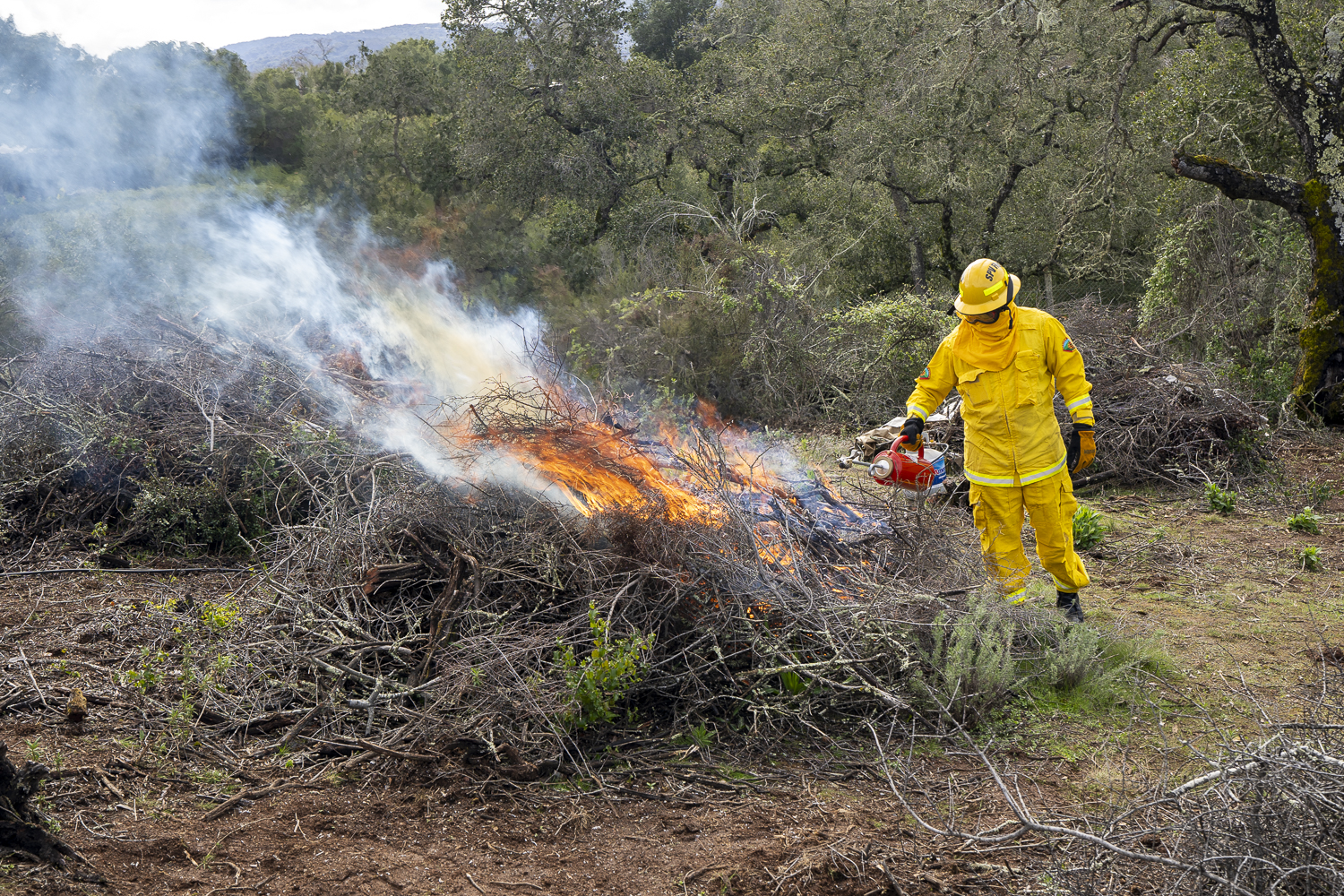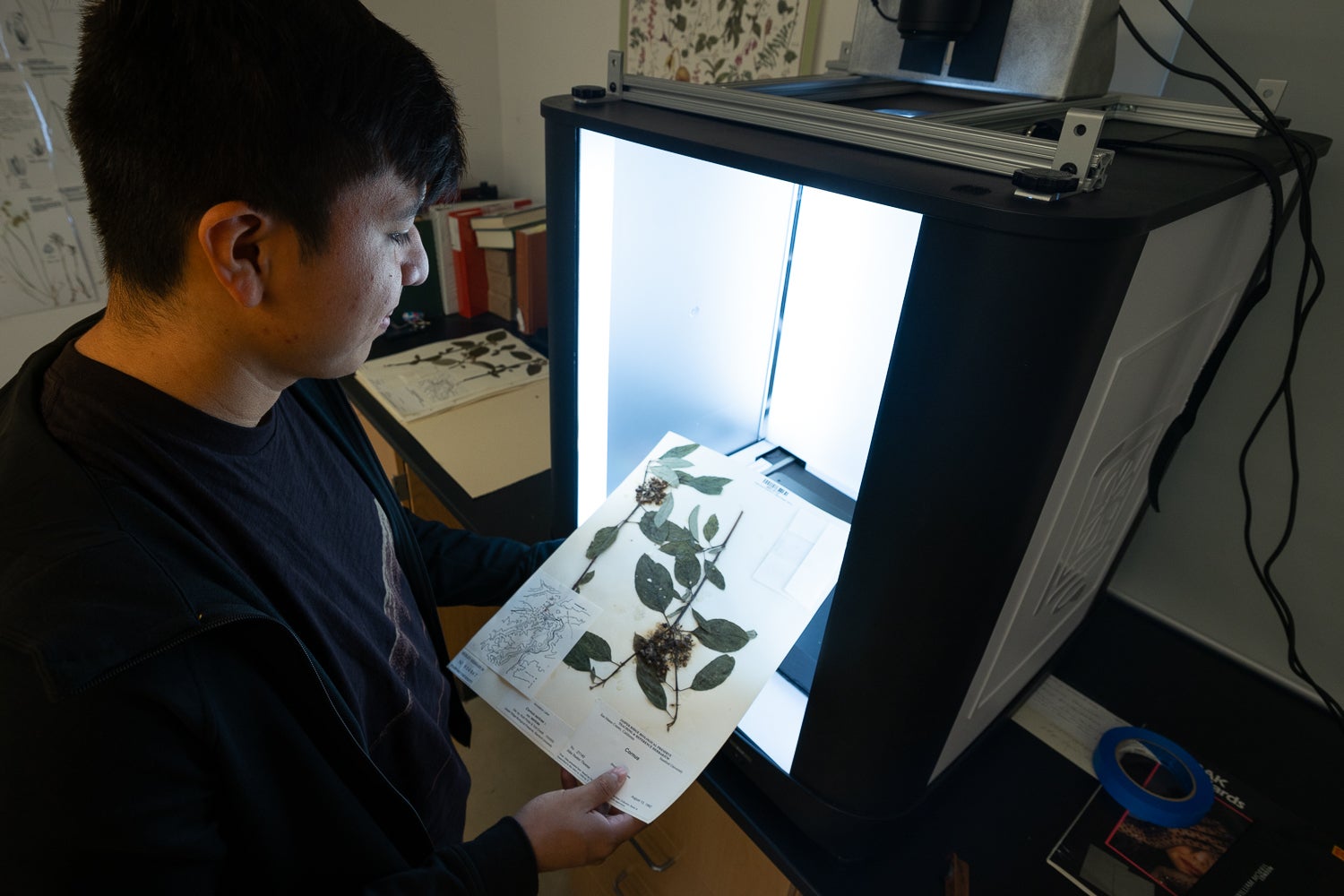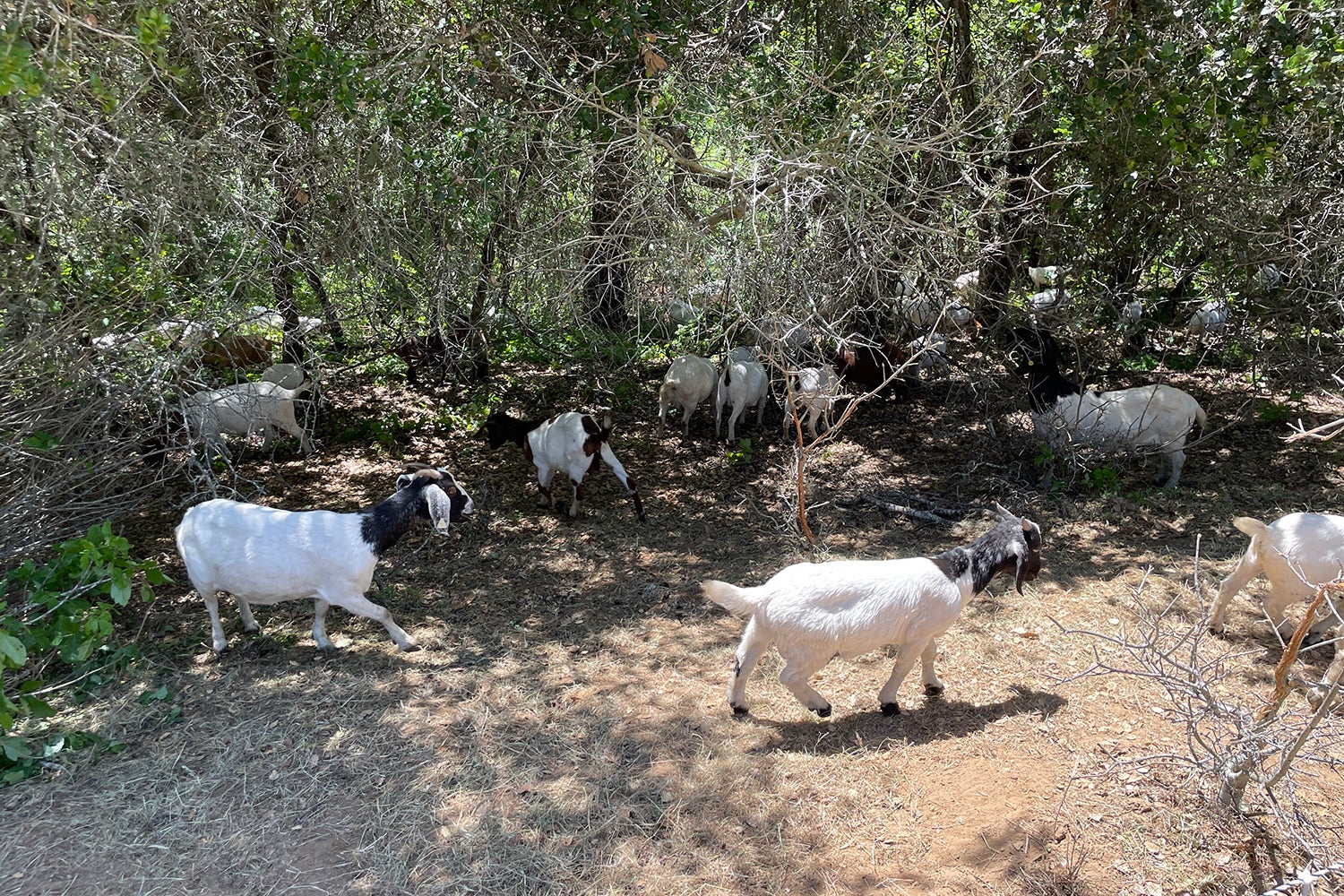In brief
- The Portola Terrace project includes 27 single-family homes for faculty and 12 affordable housing units for members of the Portola Valley community on a portion of “the Wedge” property along Alpine Road, near Westridge Drive.
- When designing Portola Terrace, the project team put an emphasis on wildfire resilience, a topic of great importance to the community.
- The town’s final environmental analysis of the project concluded that it appropriately addresses potential environmental impacts.
- The first of the final set of public meetings to review and ultimately vote on approval of the project takes place on Tuesday, Sept. 17.
Stanford’s plans to build faculty and affordable community housing in neighboring Portola Valley took a big step forward with the release of the town’s final environmental analysis of the project. The Environmental Impact Report (EIR) shows that Portola Terrace appropriately addresses potential environmental impacts, a key finding that sets the stage for the final public meetings and town council vote on the project application.
Portola Terrace will include 27 single-family homes for faculty and 12 affordable housing units for members of the Portola Valley community on a portion of “the Wedge” property along Alpine Road, near Westridge Drive.
Intentionally configured as a cluster development, Portola Terrace will occupy only 10.8 acres of the 75-acre property, including nearly five acres of buffer and setback space, thereby maintaining the large oak woodland on the property as open space.
The affordable units would be some of the first ever built in Portola Valley that are available to the general public through criteria established by the town, and the only ones incorporated as part of a larger housing development. The new residences would also support the town’s plan to add new housing as part of its Housing Element.
Stanford first proposed Portola Terrace in 2016, following interest from town leaders in seeing housing built on “the Wedge” property. The university’s project team has since engaged the community in a variety of ways – including site tours, public and private meetings, and digital communications – to carefully design a project that is responsive to community feedback.
“We’re proud that Portola Terrace will not only benefit Stanford, but that it will provide significant benefits to the community through the creation of new affordable housing, improved wildfire resiliency on the property and for the surrounding neighborhood, tax revenue generation for the town and local schools, and much more,” said John Donahoe, senior director for planning and entitlements in Land, Buildings, and Real Estate. “And we’re accomplishing that in an environmentally responsible and sustainable way that avoids any significant impacts.”
When designing Portola Terrace, the project team put an emphasis on wildfire resilience, a topic of great importance to the Portola Valley community. Features will include the undergrounding of utilities, bringing water service to the property, creating a new fire maintenance road, and using fire-resistant building materials.
The draft Environmental Impact Report was released in March 2022, and the town and its consultant have since been reviewing and developing responses to public comments on the document, which are included in the final version.
The EIR concluded that Portola Terrace will not create any “significant and unavoidable” impacts on the community after mitigation measures identified in the report have been implemented, which Stanford has already agreed to do.
With the release of the EIR, the town of Portola Valley is beginning the final set of public meetings to review and ultimately vote on approval of the project. The first is a joint meeting of the town’s Conservation, Trails and Paths, and Bicycle, Pedestrian & Traffic Safety Committees on Tuesday, Sept. 17, at 6 p.m. in the town Center community room.
More information about Stanford’s housing inventory and programs is available at housinginfo.stanford.edu.
Media contact:
Joel Berman, University Communications: (650) 208-8819, joelberman@stanford.edu


